Within its historical context (read Mars Learning for more on that), the SWM is an amazing piece of work. Sadly, too many on both sides of the debate ignore that context. The SWM was really the first major doctrine publication put out by the US military on that area of warfare. Is it all applicable now? Of course not, but neither is Active Defense. Is it gospel? Of course not, but there is precious little in doctrinal writing that is. It was more an attempt to codify lessons that would certainly have been lost otherwise in an area where the Corps expected to deploy again at some point in the future.
Of course, had the British Army come out with it in the 1920s or so, I'm sure it would be gospel....(joke, for those who don't get emoticons)


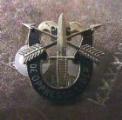

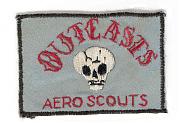





 ) called "Little Wars, Small Wars, LIC, OOTW, the GAP, and Things That Go Bump in the Night." Near the beginning of the piece, I discussed Callwell and the SWM and argued that the authors of the SWM were very much acquainted with Callwell, Indeed, their discussion of what Small Wars are parallels his - with one major exception. The Marines who wroted the SWM rejected wars of imperial conquest in their manual - something Colonel Callwell applauded.
) called "Little Wars, Small Wars, LIC, OOTW, the GAP, and Things That Go Bump in the Night." Near the beginning of the piece, I discussed Callwell and the SWM and argued that the authors of the SWM were very much acquainted with Callwell, Indeed, their discussion of what Small Wars are parallels his - with one major exception. The Marines who wroted the SWM rejected wars of imperial conquest in their manual - something Colonel Callwell applauded. 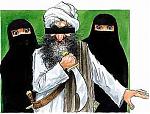

 ).
).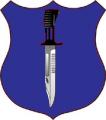
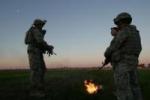

 "A Sherman can give you a very nice... edge."- Oddball,
"A Sherman can give you a very nice... edge."- Oddball, 
Bookmarks